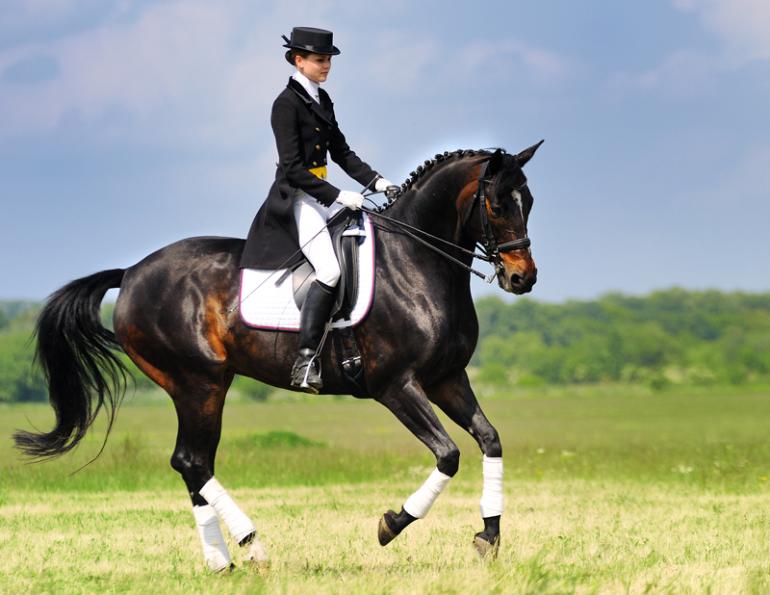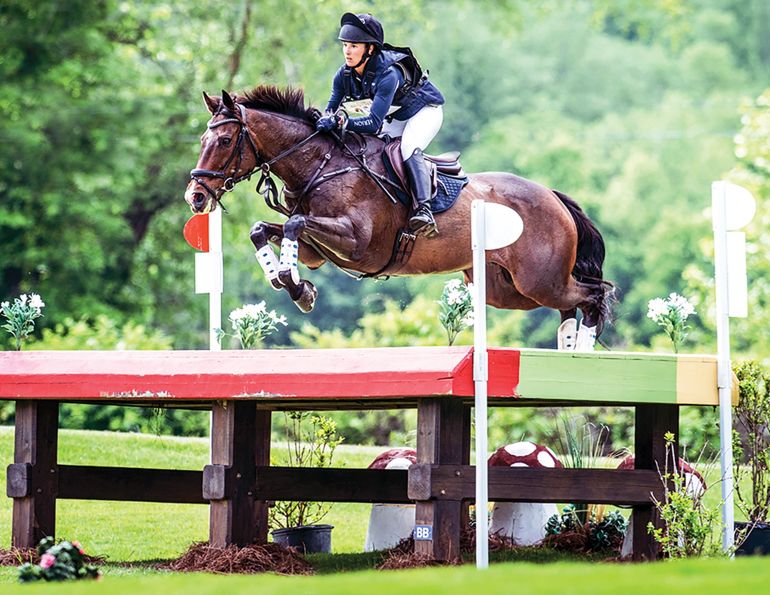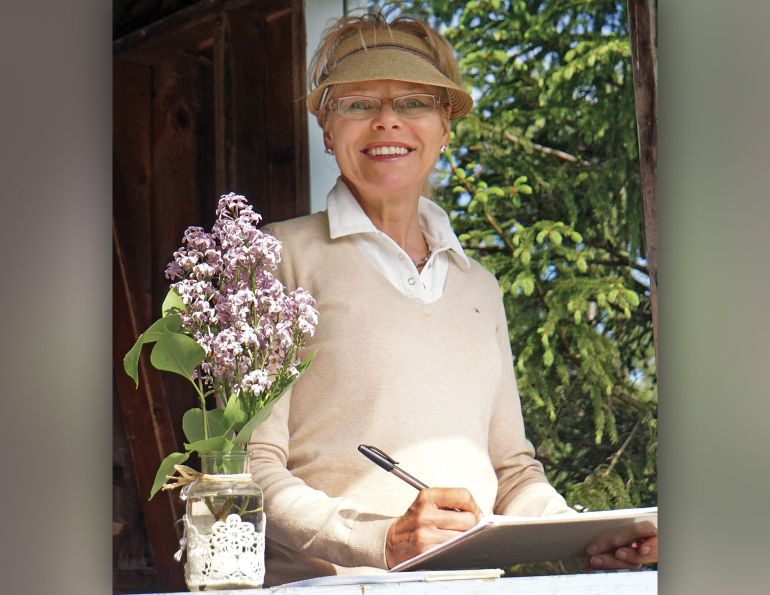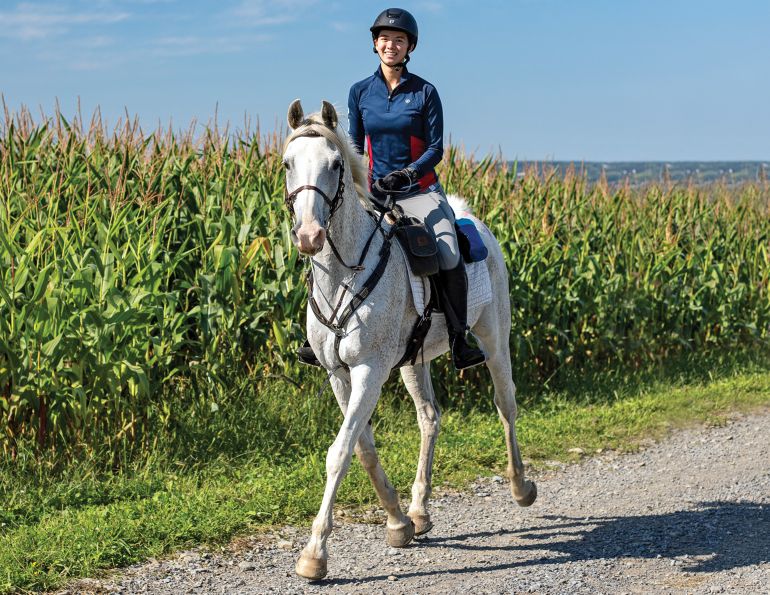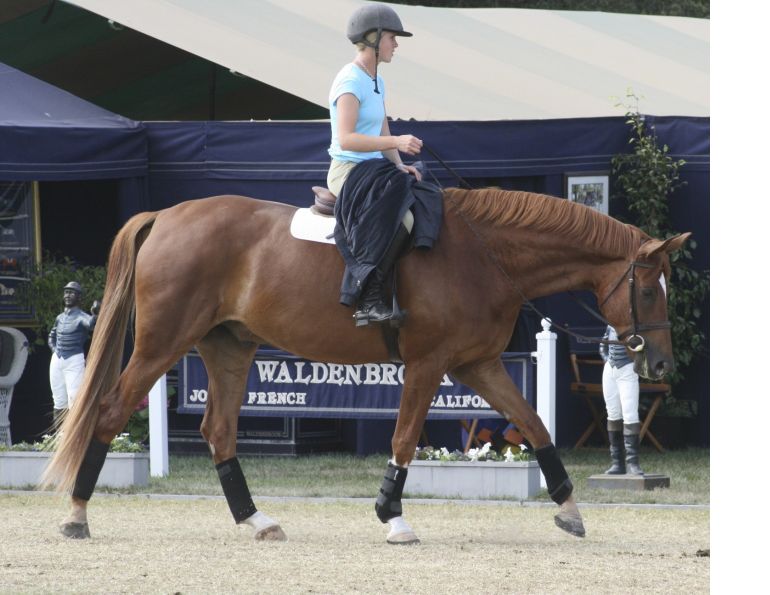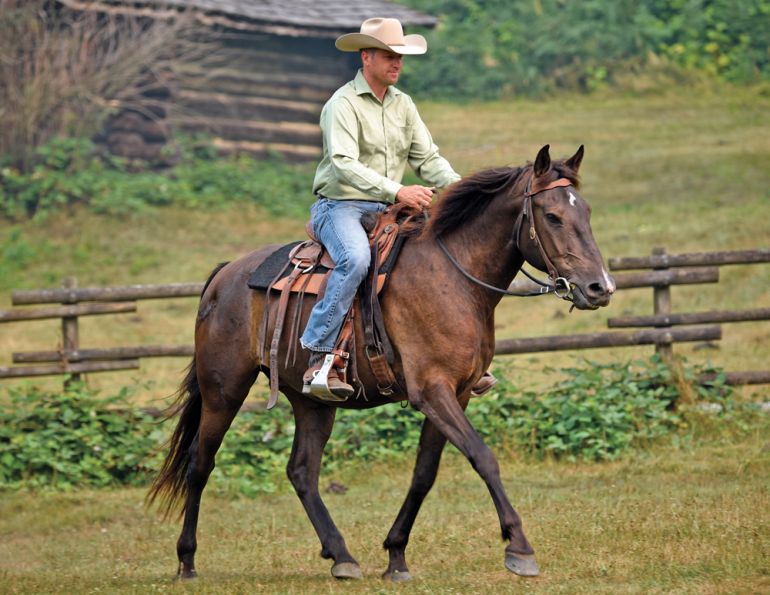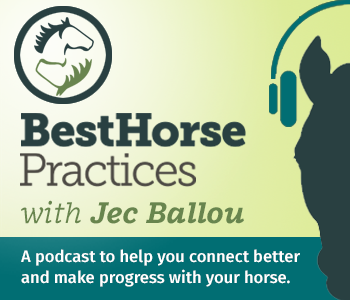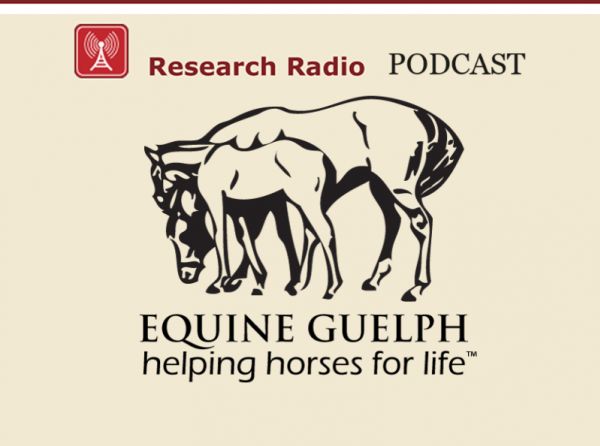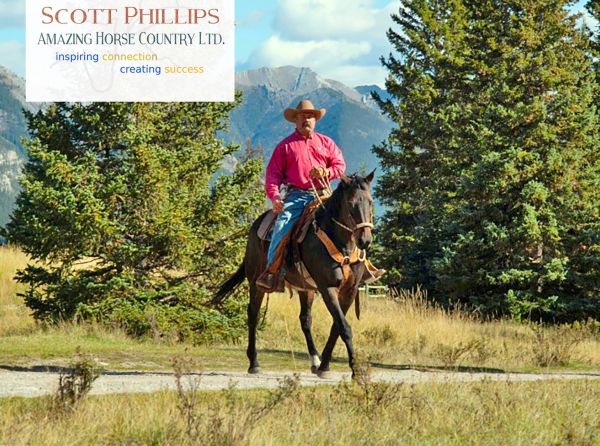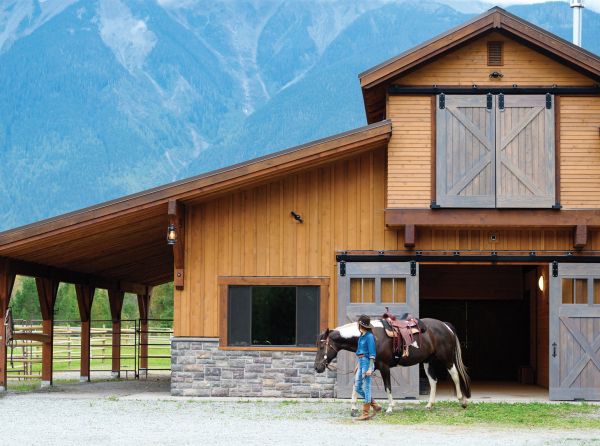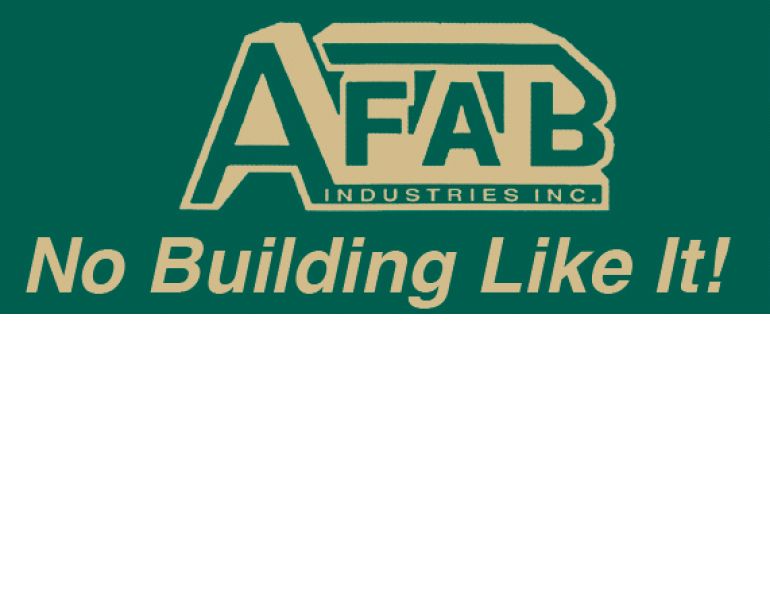By Tania Millen, BSc, MJ
Horse events are expensive to host, so event managers love to have sponsors help fund their events. Top events put on shows with good prize money that competitors, spectators, and sponsors flock to. However, attracting and retaining sponsors can be challenging. We asked the sponsorship managers for The Royal Winter Fair Horse Show and Angelstone Events to share how they do it. Plus, we asked a smaller company which has provided sponsorship to share their perspective. Here are the eight steps they recommend to help garner top-notch sponsors for your next horse event.
1. Start Early
“Start seeking sponsorship six to 10 months in advance,” says Danielle Kendal, the director of sponsorship for Angelstone Events, which hosts hunter/jumper and dressage shows at Caledon Equestrian Park and Angelstone Tournaments near Toronto, Ontario. “Then companies can think about their budgets and what they’re willing to allocate. Plus, it gives you a chance to come up with ideas about how you’re going to give them exposure.”
2. Decide What to Offer
“Essentially, we provide return on investment and communication opportunities,” says Christine Reupke, Director of Equestrian & Breed Sport for The Royal Agricultural Winter Fair in Toronto, Ontario. “For example, if a company is announcing a new product or initiative, we can act as a conduit for companies to talk to the general public.”
“We also provide ways for sponsors to give back to the community,” says Reupke. “We try to come up with unique ideas to help them do that.”
Every event has different benefits, but sponsors have some basic expectations.
“Signage is really important,” says Kendal. “So is social media exposure.”
Horse events with larger budgets may host breakfasts, dinners, and meet-and-greets with sponsors. Alternatively, they might provide logoed t-shirts or swag bags for riders, or product samples to share sponsors’ services or products with competitors and spectators.
“The opportunities are endless,” says Kendal.

Sponsorship is a powerful marketing tool for businesses, and makes it possible for venues like Spruce Meadows in Calgary to attract world class competitors and provide premier events that benefit the entire horse community. Eric Lamaze and Hickstead clear the CN signature fence on their way to winning the CN International Grand Prix at Spruce Meadows ‘Masters’ tournament in 2011. Hickstead wears the champion’s cooler branded with the sponsor’s name. Photos: Robin Duncan Photography
3. Use a Targeted Approach
“We utilize two methods to attract and secure sponsors,” says Reupke. “The one that’s most successful for us is to have event champions. It’s like a referral system — leveraging contacts and relationships.”
In this case, volunteers, parents, board members, and committee members approach people they know at companies they think would be a good fit with the horse event.
“We also make cold calls to companies that we think may fit with the horse show to see if they’re interested,” says Reupke.
Related: Grooming at the Top
Kim Gaudry is an equine photographer based in Calgary and says she has only sponsored events when she’s been asked. When the sponsorship manager of Rocky Mountain Show Jumping (RMSJ), who she knew personally, approached her in 2021, she decided to sponsor the one-metre jumpers.
“I ended up sponsoring the class all summer, mainly as a way to give back to the horse show that I had grown up going to,” says Gaudry. “It was a good way to get my name out there as a photographer and give back to a group of riders who I don’t think get enough money.”
“It’s really important to understand how an industry fits with your horse event,” says Kendal. “I create a whiteboard full of dream companies to work with and then do some research to see if there’s a good fit for the event.”
After making a specific list of potential sponsors, Kendal says, “I’ll reach out to the marketing person, someone in human resources, or whoever runs events at those companies and tell them a bit about our horse show and why sponsorship would benefit them.”
Both managers suggested starting local, by asking a bakery to provide croissants for judges, for example. If the event has a liquor license, an alcoholic beverage or wine company might be interested in sponsorship. Riders are athletes so a sports drink company might sponsor. Maybe a local technology shop would sponsor because event competitors and spectators have phones and other devices. Veterinary clinics, breeding farms, local boarding facilities, transport companies, and tack shops are all highly connected with the horse industry and may support regional events. Insurance, accounting, legal, and real estate companies are often needed by equestrians and their supporters, so they also may be interested in sponsorship.

Sponsorship can be structured in many different ways. There is no “one-size-fits-all” approach, and the key is to listen to what the sponsors want. Photo: Shutterstock/Kobby Dagan
4. Look for the Best Fit
“Events should reach out to smaller businesses like myself,” says Gaudry. “Sponsors don’t have to be big companies. Smaller companies have marketing budgets and can provide money, too. I think events need to expand their sponsorship horizons.”
“Look for companies that like to sponsor youth and junior events,” says Reupke. “The horse show world has a certain demographic with a high household income. So, for example, maybe a local jeweller would be interested in sponsoring the adult amateur hunters.”
Match the company’s mission statement or their social and community commitments with the horse event’s values. Think about how the horse event can help the company achieve its larger aims. Equestrians require all sorts of services and products for their horse and themselves. Matching those needs with what a company offers is key.
Related: Finding Paths to Success for Equestrian Youth

Donations of product such as logoed clothing for horse and rider (above/below) are popular with sponsors and provide long-term brand exposure. Competitors love receiving practical prizes, too. Photo above: iStock/SimonKR

5. Listen to What Sponsors Want
“The first meeting with companies is a friendly exploration to determine whether our values and objectives are aligned, and how we can help each other,” says Reupke. “We spend a lot of time talking to the companies to figure out what they’re looking for; what we can do to provide exposure for their product or brand.”
“Sponsorship can be structured in different ways,” says Kendal. Cash helps horse shows put on great events and helps pay for signage and advertising. Sponsored prizes — from a logo embossed saddle pad to a year-long vehicle lease — can provide long-term exposure to a sponsor’s product or brand.
“Be very transparent and really listen to what the company wants and is looking for,” says Kendal.
For $500 per week, Gaudry received signage at the outdoor show, a sponsorship listing in the prize list, and the class winner received a cooler with her company name embroidered on it. Additionally, sponsors were mentioned regularly by the show announcer and Gaudry presented ribbons to the winners.
“I heard my name frequently and felt like I was getting quite a bit of recognition,” says Gaudry. “I got a lot of inquiries because of the sponsorship.”
Gaudry says other things events can do are provide sponsors with welcome packages when they arrive at the show and thank you packages afterwards.
“More involvement in the show itself is fun,” she says.
“It would be nice to receive a couple of tickets to watch the Grand Prix — something I could bring clients to,” says Gaudry. “Maybe a charcuterie board and glass of wine. I feel like that would make me want to spend more money or sponsor a higher class.”

The course is set for the Friday evening ATCO Electric Six-Bar at Spruce Meadows in 2011. Signage for ATCO and several other tournament sponsors is clearly displayed. Photo: Robin Duncan Photography
6. Be Innovative
At the Caledon Major League Show Jumping week, Angelstone provided a breakfast for grooms and riders where sponsoring company representatives served breakfast and conducted product demonstrations. Kendal says the grooms and riders appreciated the free breakfast, plus the sponsoring companies could connect directly with their target markets — a win-win for all.
At three-day events, upper-level riders often lead sponsored cross-country course walks for spectators to explain the jumps and how riders will probably navigate the course. These walks elevate the sponsor’s brand and help spectators appreciate the difficulty of the cross-country course.
The Royal Horse Show provided sponsors with a private tour of the stables where some of the top horses in the world were housed.
“The Royal has a black-tie dress code so the ladies were dragging their dresses through the barn,” laughs Reupke. “But unique opportunities like that are what sponsors are most excited about.”
7. Create Bespoke Packages
“There is no one-size-fits-all approach to sponsorship,” says Kendal. “What one company or business needs might be totally different from another. Although we have sponsorship packages, we tailor them to what each business needs. About 90 percent of our sponsorship deals are custom packages.”
“We have sponsors who receive tax receipts in return for their cash,” says Reupke. “Other sponsors want to present ribbons to their class.”
“Sponsors want to be involved,” says Reupke. “They want to see where their money is going and how it benefits others. So if they’re providing $1,000 in cash, don’t be afraid to spend $300 or $400 on a little wine and cheese party in the afternoon during your main classes, for example.”
Some sponsors provide product in kind; others provide cash.
“I never underestimate the value of product because if we’re getting champion and reserve prizes sponsored, that’s money we’re not spending,” says Reupke. “Every little bit adds up.”
8. Develop Long-Term Relationships
Gaudry says events should ask sponsors to re-sponsor the following year or to sponsor additional events.
“Developing partnerships that become long-term, mutually beneficial relationships is everything,” says Kendal. “As a horse show grows and develops over the years, that partnership and sponsorship relationship can grow with it.”
Reupke agrees. “The key to sponsorship is developing relationships, not just with one person at the company, but with the company in general,” she says. “Then they feel good about it and have a memento they can hang in their office or show clients how they’re supporting the community.”
It’s important to start small and focus on helping promote a company and their brand. Make sure the sponsor feels recognized and that they’re getting the exposure they want so that both parties benefit.
“Loyalty is a two-way street and that definitely applies to sponsorship,” says Kendal. “It’s important to develop trust over time, so that both parties feel a connection and that the relationship is mutually beneficial. We’ve worked with some of our sponsors for ten years.”
“I'm very non-transactional,” says Reupke. “I want sponsors to feel good about the money they’ve spent. It’s better to under-promise and over-deliver.”
Many horse shows wouldn’t be able to operate without sponsors, but horse shows also provide a unique platform for companies — potential sponsors — to access their customers. Both sponsors and horse events can benefit from successful sponsorship deals.
Related: The Magic of Sport Horse Syndicates
Related: How to Find the Money for Horse Sports
Main Photo: The Royal Horse Show at the Ricoh Coliseum in Toronto in November, 2017. Credit: Dreamstime/Photokvu





